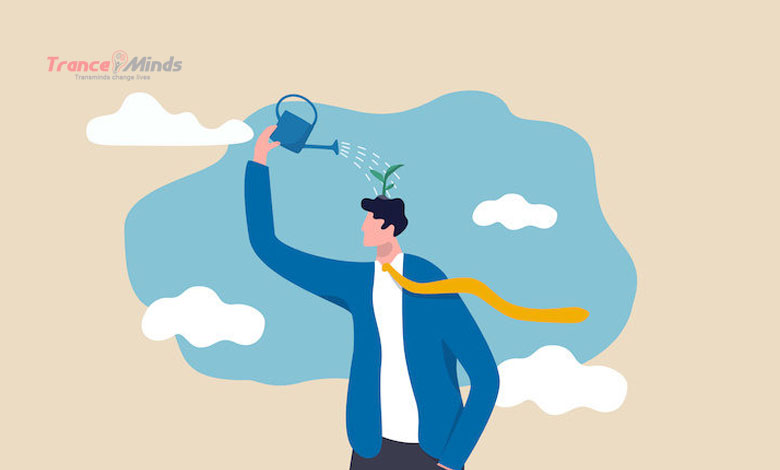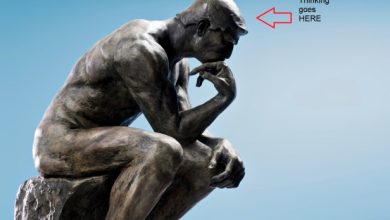What is the mentality of growth and how is it for our good

Fixed mindset
It is based on the theory of fixed intelligence. Where you can do little to improve your intelligence. “I am smart” or “I am good in this or that area” and that determines everything. When we have this mentality we catch ourselves thinking ” talent is everything.
This also has consequences when it comes to relating to the outside world and our teams. We seek positive results quickly and effortlessly. The effort is only worth it to be brilliant at all times. Errors are our great enemies, so we will avoid in ourselves and in our teams all those fields that are not mastered from the beginning.
Does this mentality remind you of experiences in recent months?
When people live in this fixed mindset, we feel in constant adversity and fear: we are not prepared to face failure and everything that goes wrong we interpret as a sign that we are not good. That after all we weren’t as talented as our parents, coaches, even ourselves, though, even going so far as to self-identify as “I’m a fraud.”
The usual response of this type of mentality is, therefore: to avoid everything in which one is not good immediately or in a short time, even abandoning or avoiding any area of activity that shows difficulty. When we live in this fixed paradigm, we suffer from a certain ego fragility and we will constantly be comparing ourselves with others, trying to glimpse symptoms of inferiority or superiority.
The growth mindset
It is the opposite paradigm. When we live in a growth mentality, we support the theory of dynamic intelligence, instead of “I am intelligent” it is said “I am being intelligent in this task and in this given moment. ”
We live “Intelligence” as a skill that can be developed, “trained” more or less and the ability is the product of that “training”, effort, and concentration of being more aware and active in our way of communicating with ourselves and with others.
This morning we can be being very smart (because I have tried something a lot and I got a good result), and after eating we will be being a clumsy learners, and at night we will be a bunch.
When we train and live in a growth mindset, failure and failure are interpreted as normal events in any learning process.
Ease is not so much a triumph, a trophy, or a symbol of distinction, but rather as a sign that we are in a familiar and comfort zone that we dominate and in which we have stopped learning. When we live this mentality we discover that the feeling of not learning anything bothers us, we prefer challenges. Adversities and complications challenge us and we know that the path will not be easy, but it will be enriching and challenging.
When do we know that we are living a growth mindset?
When we are immersed and focused on the work at hand, putting all our skill in the process, to give the results we want to produce.
When faced with inevitable difficulties, we are resilient and persevering.
When we give feedback to others about concrete results, not from the personality as a whole but from the effort that he put into it.
Ultimately, we are more inclined to try new things, to tolerate learning difficulties, to give ourselves our times of well-being and recovery, and not to be constantly worried about appearing perfect.




